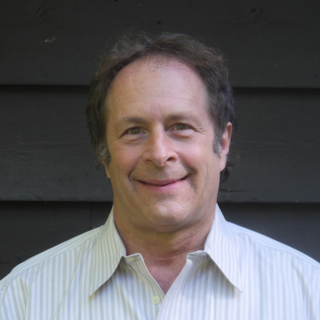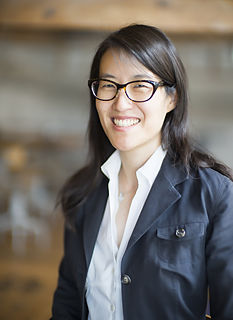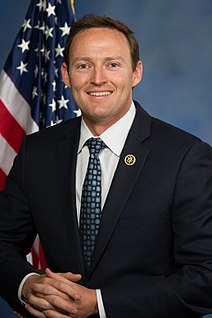A Quote by Rick Doblin
The cultural integration of psychedelics won't happen overnight, and the question of young people is perhaps the most difficult involved. The first step is for people who have knowledge of these substances to share it, "coming out" about their own experiences. Drug education should be honest and present a balanced picture of risks and benefits.
Related Quotes
I feel that all knowledge should be in the free-trade zone. Your knowledge, my knowledge, everybody's knowledge should be made use of. I think people who refuse to use other people's knowledge are making a big mistake. Those who refuse to share their knowledge with other people are making a great mistake, because we need it all. I don't have any problem about ideas I got from other people. If I find them useful, I'll just ease them right in and make them my own.
There are still so many risks to coming out in a conservative society, and I don't think suggesting one way of doing things will work for everybody. I do believe, however, that you can only be happy if you are true to yourself. So taking that first step - of coming out to yourself - that's something I hope every young LGBT person can feel safe doing.
Any story that gets us thinking, and particularly young people, thinking why? Whether it's as a result of reading the book, or coming out of the theatre or the cinema, I think we should just simply be asking the question 'why'? Why did it happen to those people? Was it necessary? And anything that gets us thinking like that is really important.
You can now share your story anonymously much more easily than you could earlier and you can watch people have conversations about it. And when people come out and say negative things about you, there will be other people who have had similar experiences or who know people who have had similar experiences who will defend you.
I think people in general don't take enough risks. Some people feel that before they can take on that next challenge they need to be 100 percent ready. It's just not true. Even people in their jobs aren't perfect at their jobs. So my biggest advice to people is to step out there. Take the risk and deal with it. What is the worst that could happen? It's about thriving on risk instead of shrinking from risk.
Most people who have grown up introverted in this very extroverted culture of ours have had painful experiences of feeling like they are out of step with what's expected of them. Parenting can pose unique challenges for introverted parents, who fear that their own painful experiences will be repeated in their children's lives.
There's a diversion between economic reality - integration, global village, everybody depending on everybody else - and cultural reality, which is people feeling invaded, undermined, threatened, wanting to have "stand-your-ground" legislation all over the place. It's alarming because at the moment, the fear is outweighing the benefits, and that's partially because the benefits have been so unequally distributed that lots of people don't feel better off. They feel threatened, angry and despairing.
































